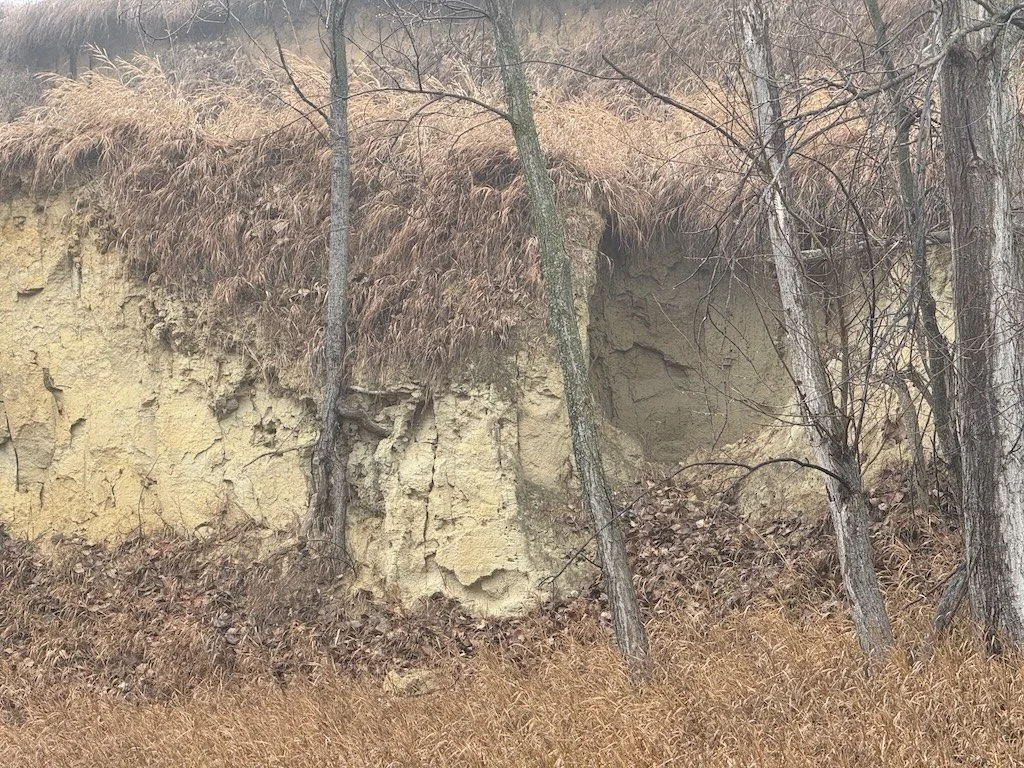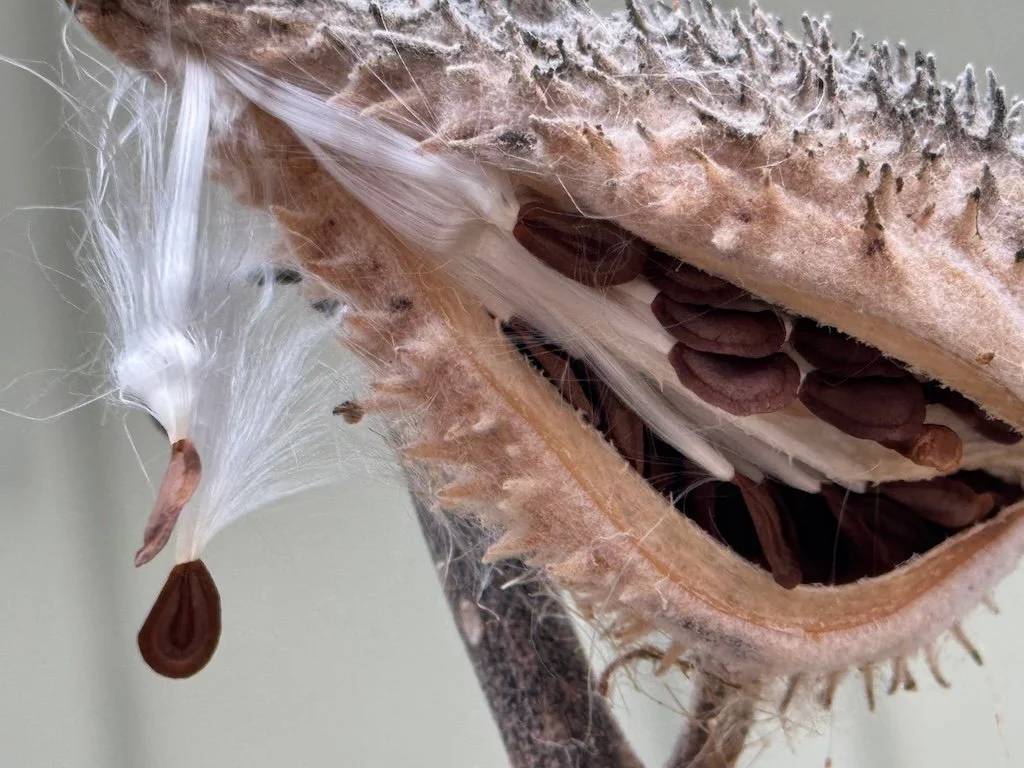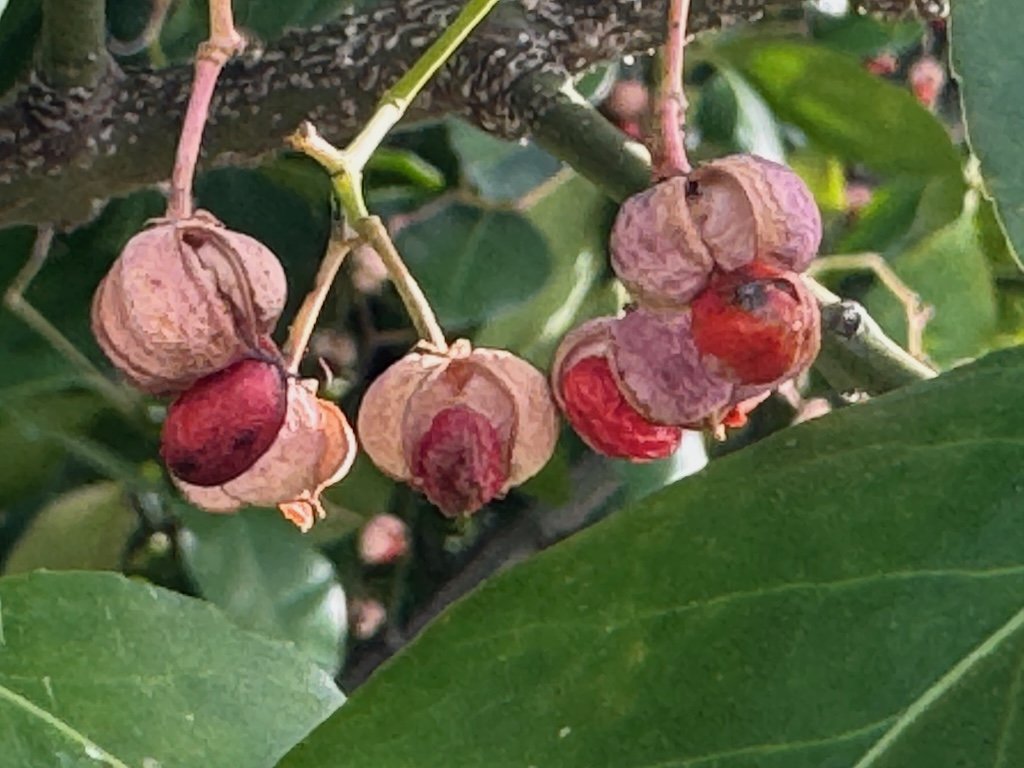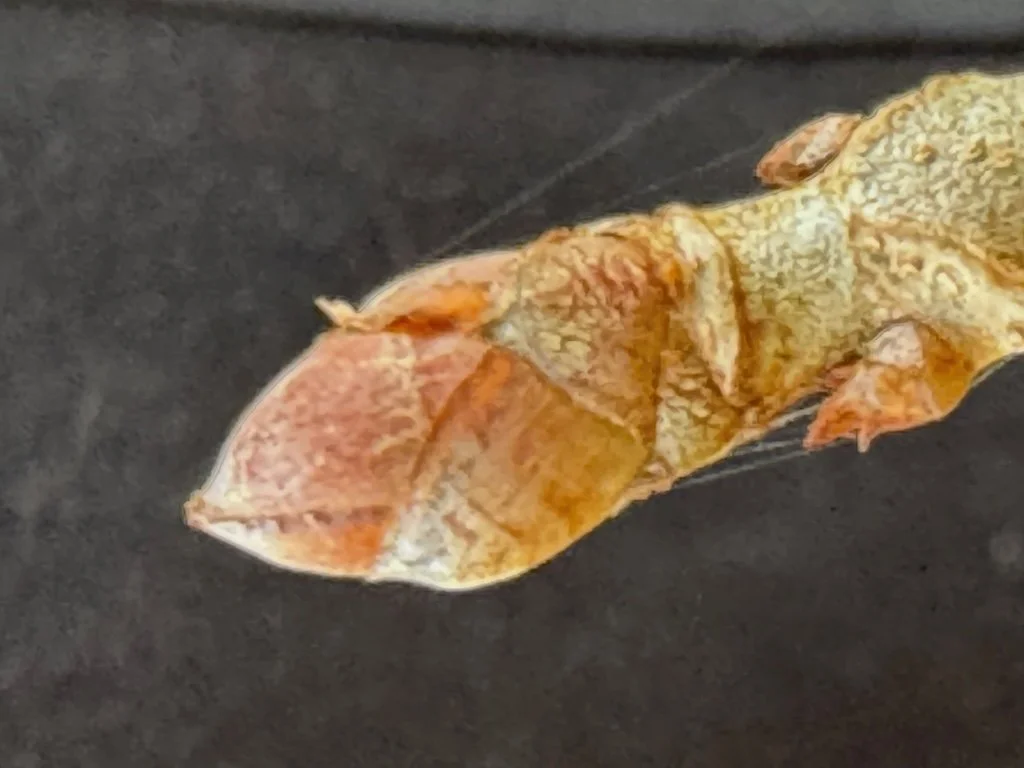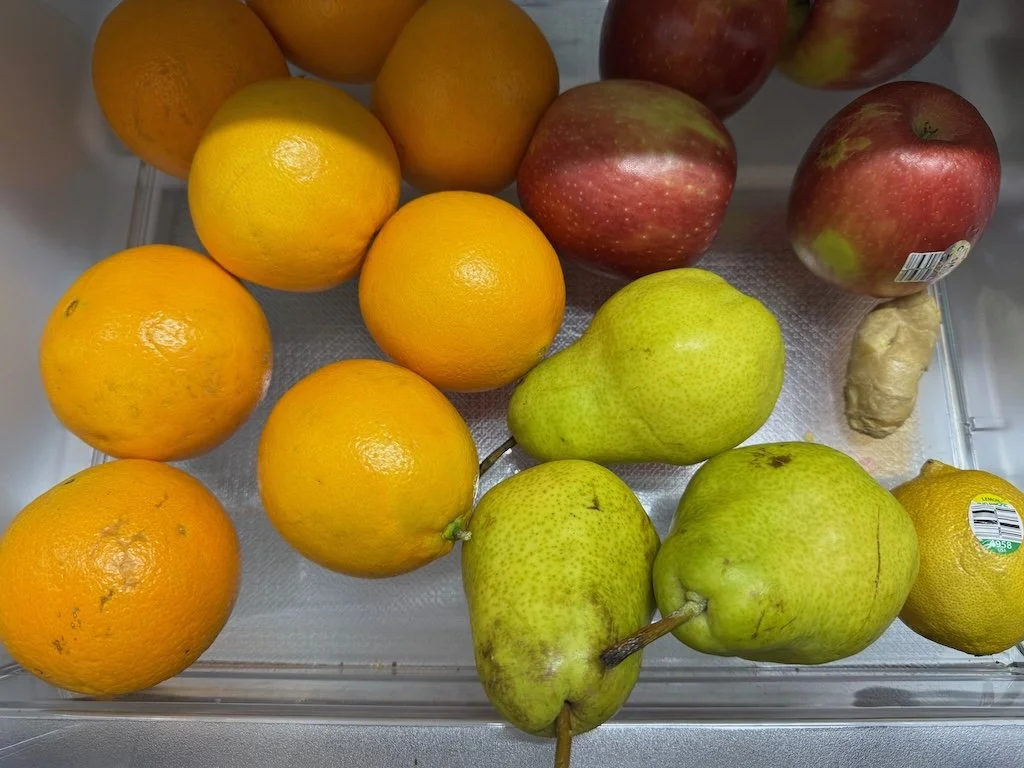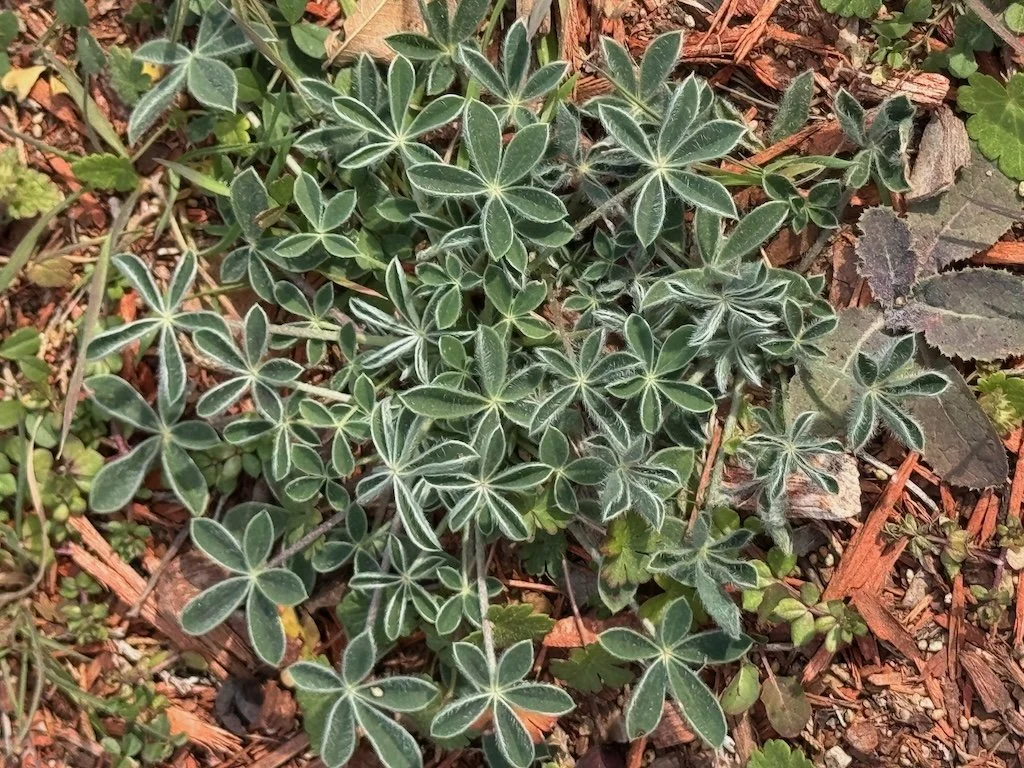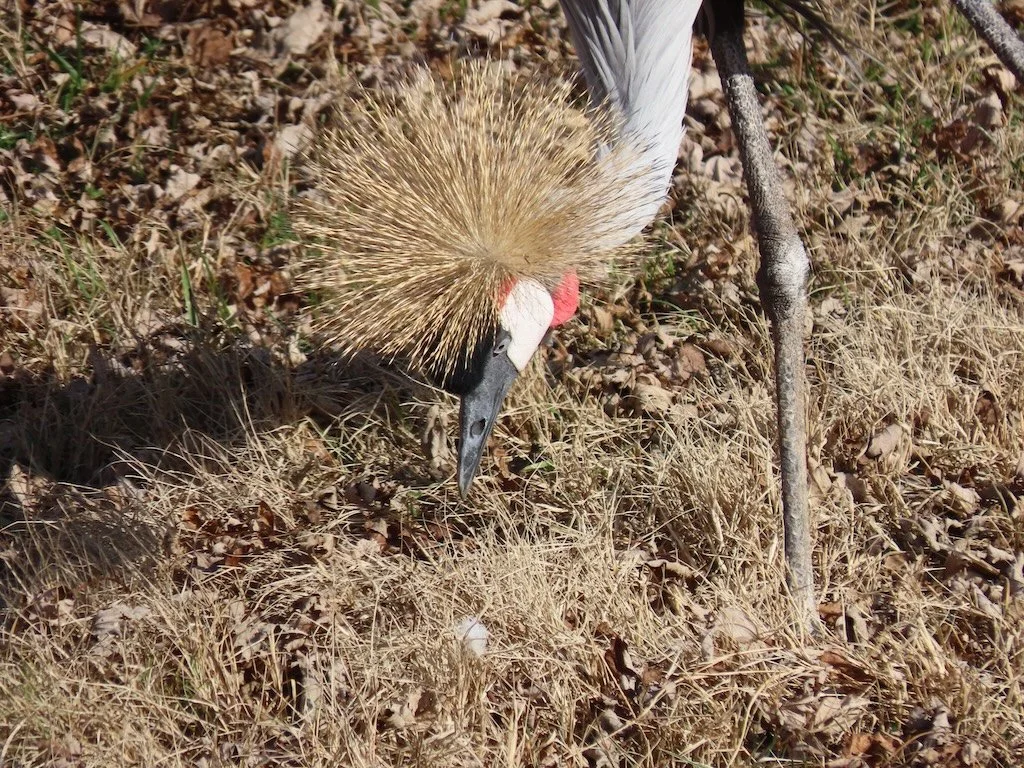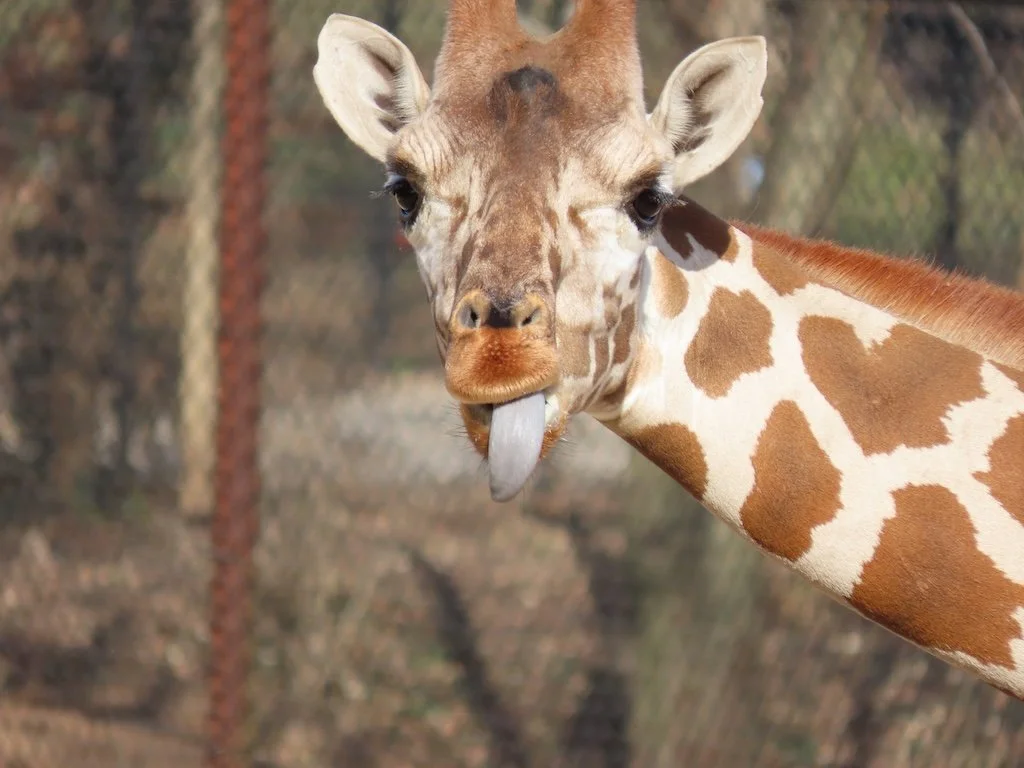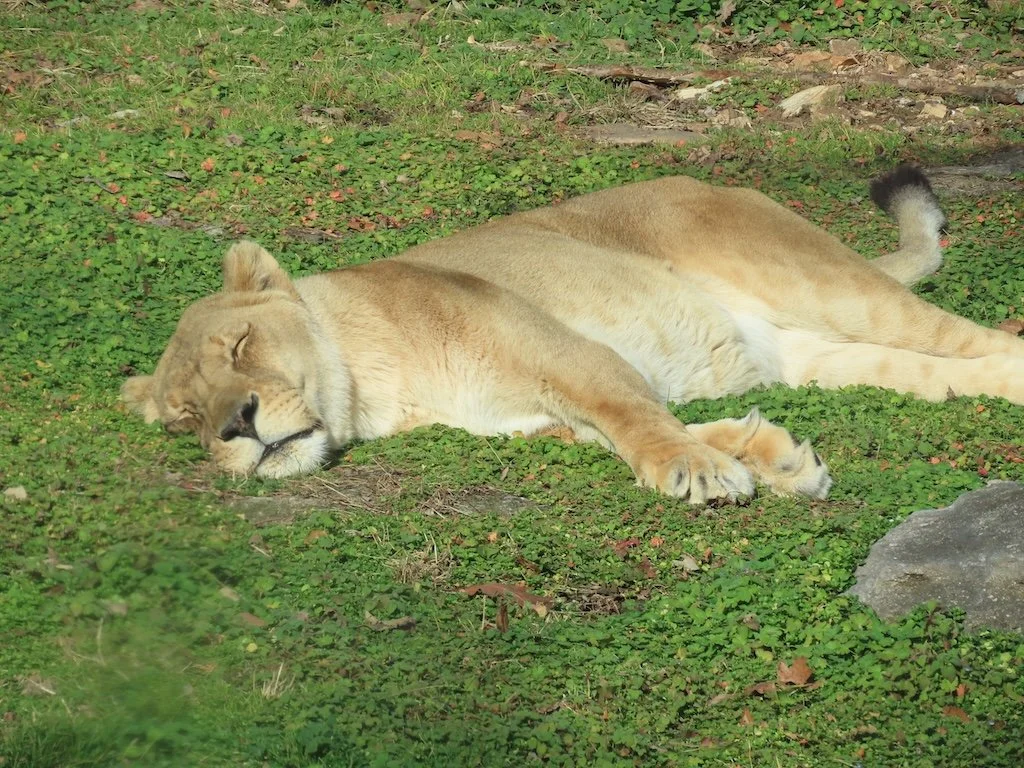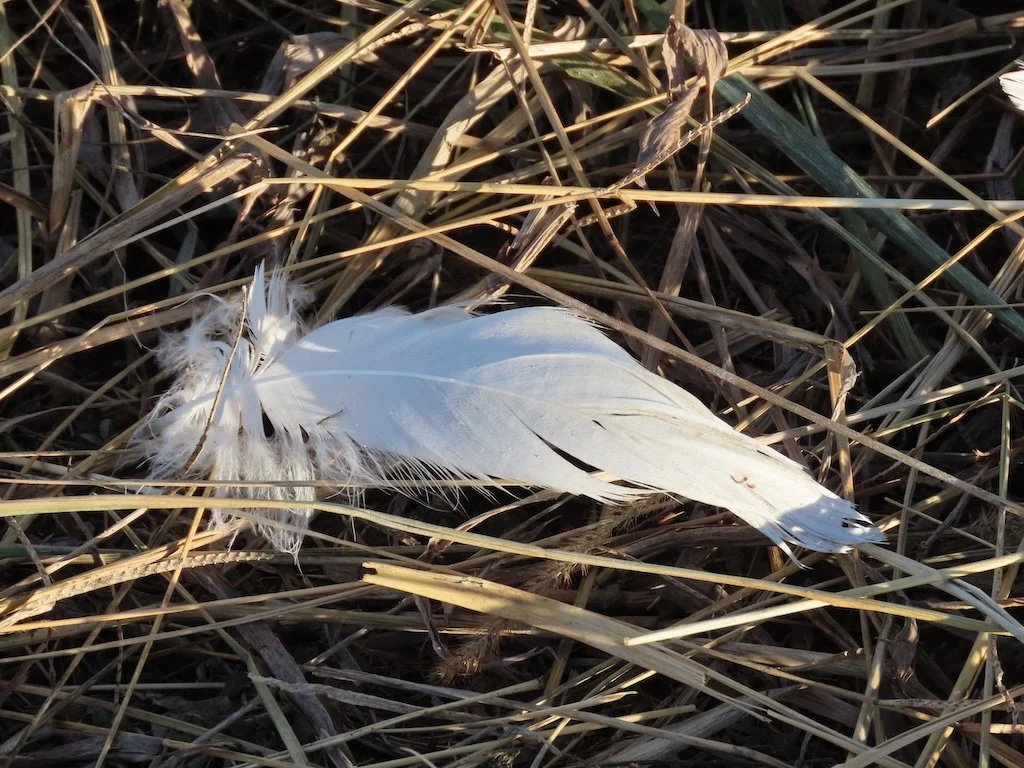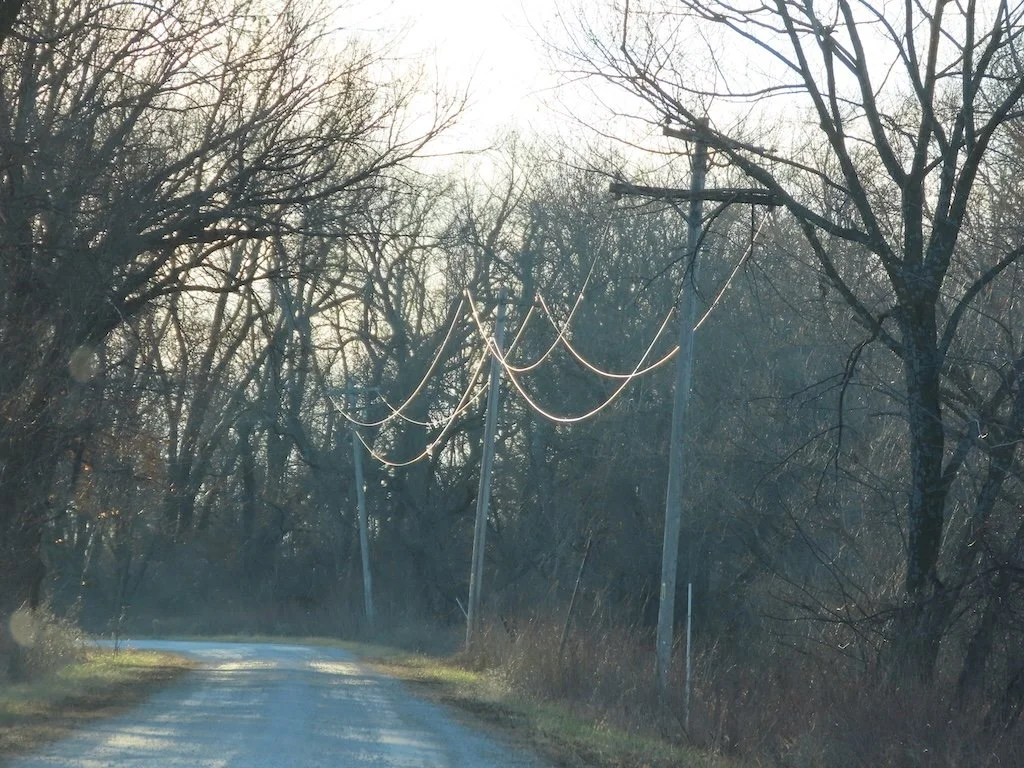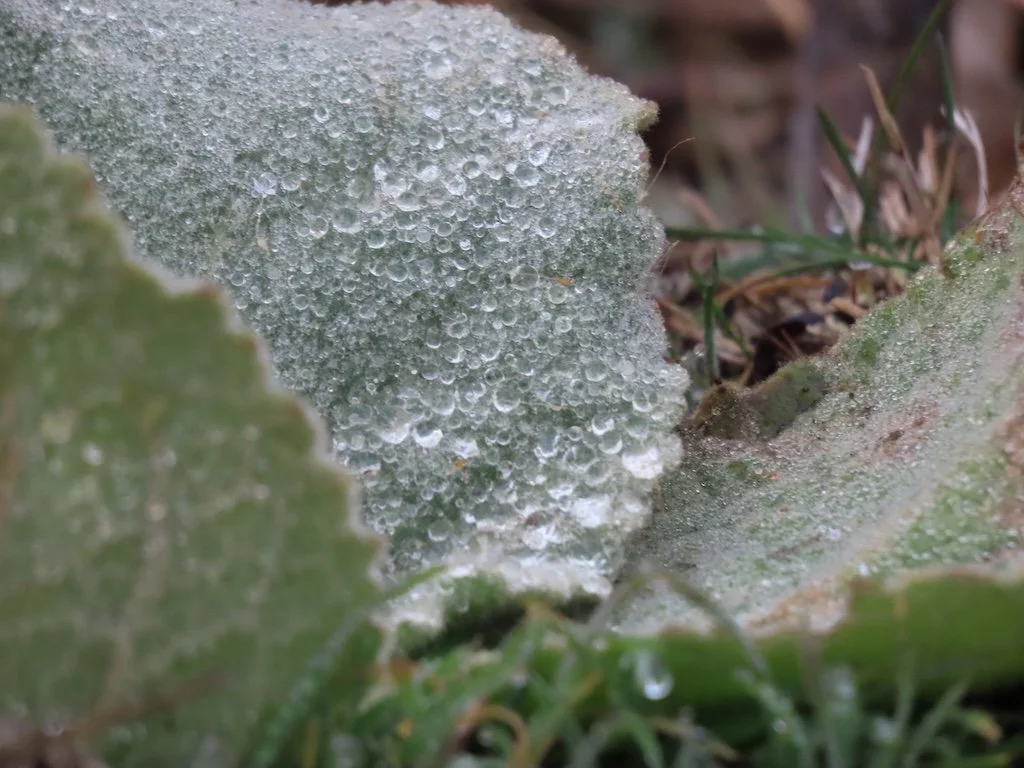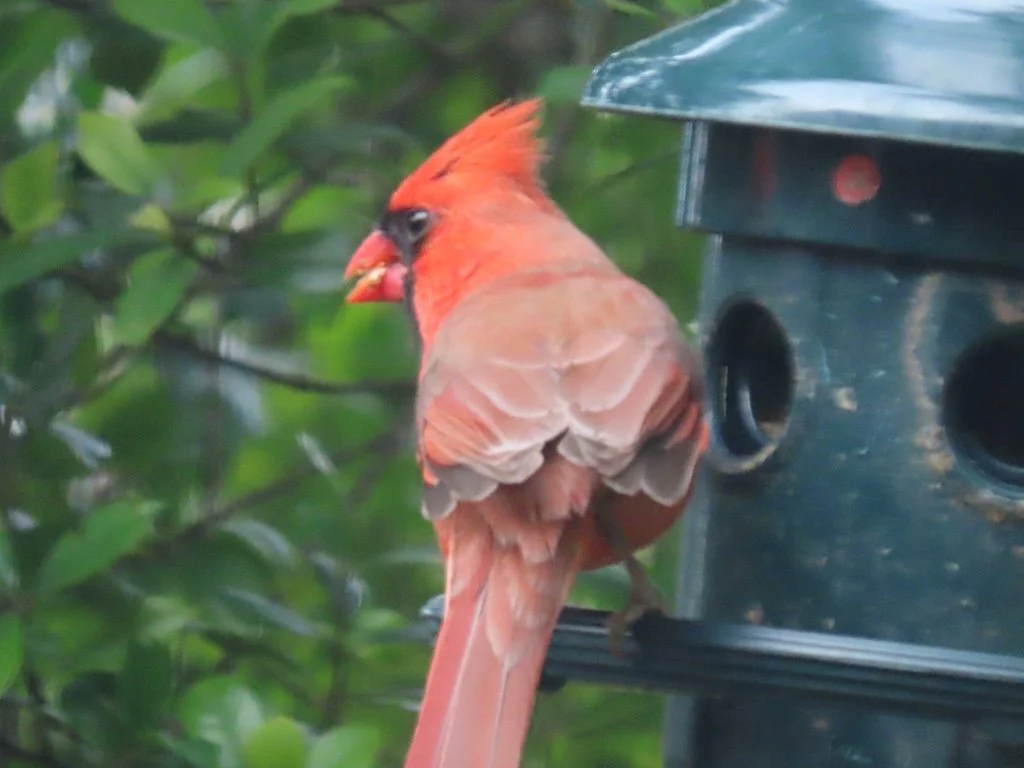Gleanings of the Week Ending December 3, 2016
/The items below were ‘the cream’ of the articles and websites I found this past week. Click on the light green text to look at the article.
Mysterious Winds Cause Rapid Melting of Antarctic Ice – Fohn winds….a warm wind that may be responsible for calving ice shelves. And some of their most impressive heat waves come in the dead of winter, eroding glaciers at a time of year that no one thought possible.
Electron Micrographs Get a Dash of Color – And they used red and green…so the images looks very Christmassy!
Ancient Royal Boat Tomb Uncovered in Egypt – Found while investigating the tomb complex of 12th dynasty King Senwosret III, located in southern Egypt. The walls of the tomb covered with sketches of boats.
How the Enormous Field of Physics All Fits Together – A short video (less than 10 minutes) that provides a big picture Physics.
NASA’s Bold Plan to Hunt for Fossils on Mars – Fossils of single celled algae and bateria…maybe taking a look at the cauliflower-shaped silica formations inside Mars’s Gusev Crater that look like objects sculpted by bacteria living inside hot springs on earth.
What it’s like to sail a giant ship on Earth’s busiest seas – Part of the BBC’s Future Now series.
Cuba’s Underwater Jewels are in Tourism’s Path – Gardens of the Queen National Park: keys, mangrove islets, and reefs about 50 miles off Cuba. Cuba limits the number of divers and fishermen allowed to visit but could face pressure to increase access.
Birds have skills previously described as ‘uniquely human’ – Caledonian crows use tools, scrub jays remember past events and act accordingly, pigeons can be trained to recognize patterns of letters (words). But they may be processing stimuli differently than humans. Maybe no two species are the same but the brain is often adaptable enough to find a means to meet the needs of the animal.
The most Visual Science Textbook You’ve Ever Seen – History of Evolution….and images of example along the way.
The Chemistry of Turmeric – Fluorescence, Indicator, and Health Effects – The post includes an infographic but the short video is worth watching (rather gathering materials to do the experiments yourself).


